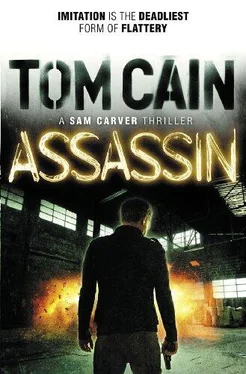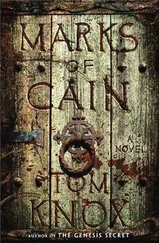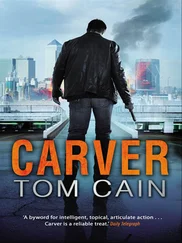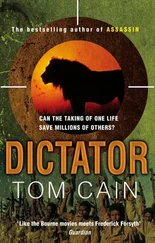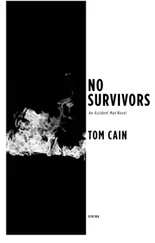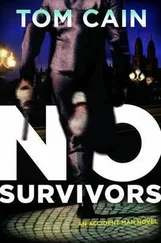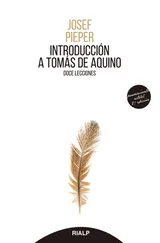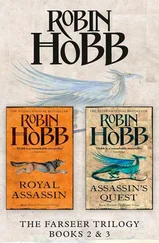‘Not much… I know he used to be in the military. He told me he worked as a security consultant now.’
‘But that could mean almost anything, no?’
‘I guess.’
‘Would you describe him as a violent man?’
There was a fractional pause, the hesitation of an interviewee editing a response before she said, ‘Not with me, never. He was very caring, very thoughtful.’
Ravnsborg leaned forward. ‘And yet, according to your evidence, he left you in that café. He just got up and walked away. Has he made any effort at all to contact you since then?’
‘No.’ That sounded like an admission.
‘Has he tried to communicate through Mr Larsson, do you know?’
‘I don’t think so.’
‘Really?’ Ravnsborg’s tone was one of surprise, but its irony was obvious. ‘That does not seem very caring to me; not very thoughtful. If I took you to dinner, I would not leave you without warning. But if by some chance I had to leave – if I were called away to a case, maybe – I would try to call you to explain. That is the least you should expect, no?’
She nodded in agreement.
‘So now let me tell you something else about your Mr Carver. Shortly after he left you in that café, he placed a telephone call. Here is a photograph of him doing that…’ Ravnsborg slid a copy of the full image towards her. ‘You will notice the time-code in the bottom corner. At that exact moment, the hotel bomb was detonated, killing seven people and injuring another thirty. Three of the injured are not expected to last the night.’
‘But that… that could be coincidence.’
‘It could, yes. Lots of people must have made calls at that moment. But only one of them is currently wanted for the killing of three more men. So let me ask you, Mrs Cross, how well do you really know Mr Carver? How much can you trust him? Because it looks to me as though he has used you. He has turned up in your life, worked his way into your affections, persuaded you to come to Oslo…’
‘For the wedding!’
‘Yes, the wedding – how convenient it is, the timing, the location… That bothers me, I will admit to you, Mrs Cross. I worry that it is too much of a coincidence. But I do know something for sure…’
‘Yes?’
‘I know that if I were you, I should be very suspicious, very angry. I would wonder if I had been used by a mass-murderer. I would ask, “Why am I here, being interviewed by police, while he is running away?” Tell me, have these questions crossed your mind?’
Her silence provided its own response.
‘No, you are right, there is no need to answer,’ Ravnsborg said. ‘Although, of course, there is one other possibility… We are assuming that Mr Carver has used you and Mr Larsson. What if he is an innocent man who has himself been used?’
‘Used by whom?’
‘Used by you, Mrs Cross, or by Mr Larsson, or both of you. Is that the truth of what happened?’
‘No! I swear…’
Ravnsborg leaned back into his chair and looked at her, just as he had when he first entered the room. The ease with which Carver’s identity and apparent guilt had fallen into his lap struck him as too good to be true. In his experience, that usually meant that it was.
‘Well, we shall see, I am sure,’ he said, as much to himself as to Maddy Cross. ‘For now you will give a statement, please, to my colleague here. Then you will sign it. After that you will be free to return to your hotel. And I hope you enjoy the wedding.’
Carver had sent a single text message while he was chasing after the ferry. It went to a number he hadn’t used in years. Chances were it wasn’t even in use any more, but if it was, its owner might just clear his name.
He’d been doing some thinking, too, going over the events of the past few weeks, doing the old Sherlock Holmes trick: eliminating the impossible until what he was left with, however improbable, had to be the truth. The conclusion he’d come to was improbable all right. It damn near broke his heart. But he knew he was right, and he knew, too, that he’d been terribly wrong before. He just hoped he’d get a chance to put things right and repair the damage his stupidity had caused. First, though, he had to get away.
The lights of the ferry were clearly visible no more than half a mile away when another thought entered into his mind – one repressed during his desperate flight from the city: the memory of Tyzack talking about a killing that would put him in a different league, something bigger than Carver had even attempted. Carver had ignored him out of pride and ego, and now he realized that his arrogance had blinded him. It had been an act of unforgivable folly. If he’d satisfied Tyzack’s longing to boast he would have known for sure what he was planning to do. Now he’d have to work it out for himself.
There were two ways Tyzack might, in theory, outdo him: by the sheer number of people he killed, or by the significance of a single victim. But Tyzack was not a terrorist, motivated by religion or ideology. He killed because he was paid to take out individual targets: any other victims were simply collateral damage. Many had died at the King Haakon Hotel, but Carver would have bet everything he had that there was only one real target. Even he had just been a distraction.
That left significance: Tyzack hitting someone so powerful, or so famous that – in his mind at least – it trumped anyone Carver had taken out. In theory, that might apply to any number of politicians, religious leaders, celebrities or monarchs. In practice, however, there was only ever one target whose elimination could guarantee an assassin the sort of perverse immortality Tyzack craved: the President of the United States.
The terrible realization struck Carver that having once subjected Lincoln Roberts to a fake attack, he might now have exposed him to a real one. A man he admired, whom he had worked to make safe, could now be in mortal danger. But what could he do about it? Carver was a man on the run, with nothing but his guts to go on. No warning he gave was ever going to be taken seriously. Yet somehow he had to make himself heard.
He’d come up behind the stern of the ferry now. Her name, Queen of Jutland, was painted across the full width of the vessel over the raised vehicle-loading ramps, and was lit by the glow from eight large portholes that ran above the lettering.
Carver slowed his engine to the pace of the ferry. He looked up at the massive hull, which loomed over his RIB like an elephant over a mouse as it rose straight up as high as a ten-storey building into the evening sky. The ferry filled Carver’s entire field of vision. The noise of its engines, the buzz of his outboard motor and the rushing of water and wind all but deafened him. He just had to ignore the clamour and concentrate, searching for a way in.
Flanking the entrance through which cars and trucks rolled on and off, two massive metal buttresses protruded backwards, on either side of the stern. The buttresses curved up to the main bulk of the hull like gentle slopes at the foot of a sheer cliff. Above the top of the buttresses, where they joined the stern of the main hull, were two recessed winches, from which mooring ropes were run when the ship was in port.
Directly above them a rectangular opening had been cut into the hull, about three times wider than it was high. It was unglassed. Three similar openings ran down the flank of the ferry, creating a small promenade deck where passengers could take the air or smoke a cigarette. Carver hoped to God that at this time on a damp, chilly June evening they’d all be in the bars and restaurants, getting hammered like any normal human being.
On the way from Oslo, Carver had cut a short length of rope from the RIB’s lines and placed it by the boat’s controls. Next, he’d taken the anchor chain out of its storage chest, undone the shackle that fixed it to the boat, and carried it amidships so that it now lay piled behind him on the deck between the two seats.
Читать дальше
